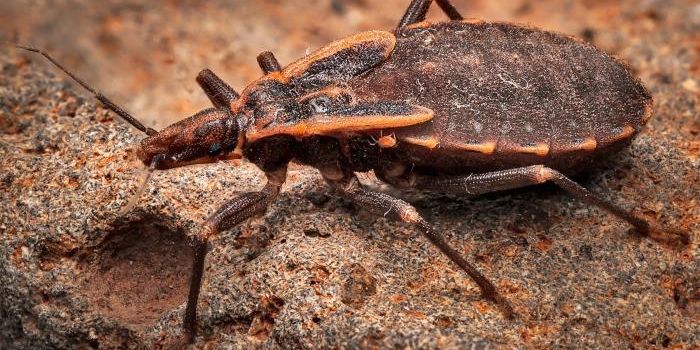Gulf of Mexico Bryde's Whale Now Recognized by the NOAA as Endangered
It seems like each passing day brings a new wave of animal conservationists warning the world about the risk of a specific species inching closer to extinction, and we’re afraid this story won’t be any different.
A group of federal scientists with the National Oceanic and Atmospheric Administration (NOAA) is now calling for a small subset of Bryde’s whales from the Gulf of Mexico to be recognized under the United States’ Endangered Species Act, a move that would increase protections for the subspecies to prevent its numbers from diminishing to an unrecoverable figure.
Image Credit: NOAA
Other Bryde’s whale subspecies exist around the globe, and despite their similar appearances, the population found exclusively in the Gulf of Mexico region exhibits substantial genetic differences from the rest. Some of those differences are so great that many have suggested recognizing the Gulf of Mexico Bryde’s whale subspecies as an entirely different species in and of itself, but this hasn’t yet happened.
It’s estimated that there could be fewer than 100 of the Gulf of Mexico’s unique Bryde’s whale subspecies in existence today, and sadly, their population numbers continue to be threatened by a plethora of human-induced factors including fishing gear entanglements, marine noise pollution, oil spills, and vessel strikes, among others.
"They're the only year-round baleen whales that make their home in the Gulf of Mexico, and (they) have a unique and very important role in the ecosystem," elucidated NOAA marine mammal biologist Laura Engleby. Given the circumstances, it’s not hard to see why they must be saved – their population depletion could have an ever-lasting impact on the environment in which they live.
Related: Deceased whale from the Philippines had more than 88 pounds' worth of plastic in its gut
In recognizing the Gulf of Mexico Bryde’s whale as endangered, the NOAA has effectively put out a ‘code red’ alert that will prompt animal conservationists to double down on their protection. In a nutshell, this means working to ensure the species’ population revival and to impose harsher laws and punishments on entities that prevent that from happening.
Conserving the Gulf of Mexico Bryde’s whale will be a challenge because the subspecies isn’t well understood. On the other hand, every effort helps; ensuring that it doesn’t fade away is a critical step in maintaining the ecosystem’s delicate balance. Doing otherwise would potentially tip the scales, resulting in catastrophic consequences for the entire ecosystem.
Related: More than 145 dead whales found beached in New Zealand
With a little luck, perhaps conservationists will devise an effective plan to protect the Gulf of Mexico Bryde’s whale. Only time will tell, however…
Source: NOAA via ABC News









